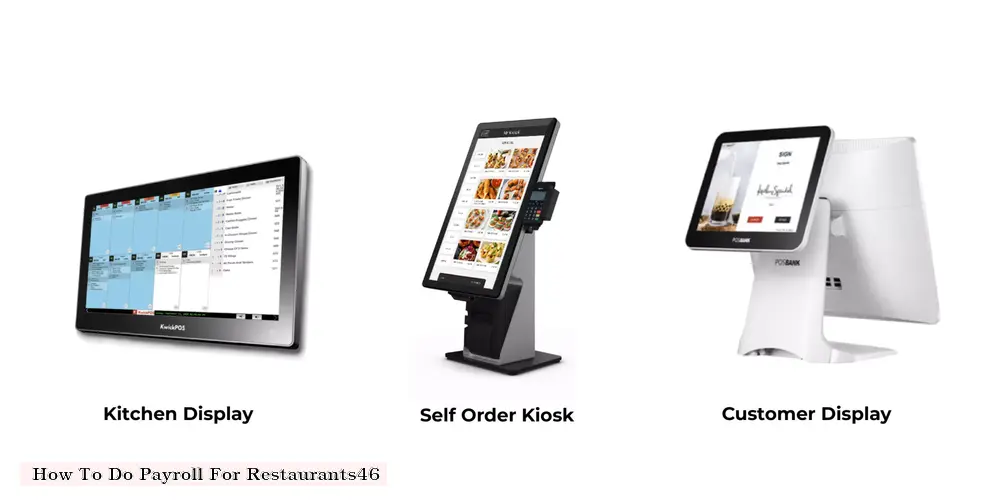

1. Minimum wage and overtime: Restaurant employees, especially servers and bussers, often earn minimum wage or slightly higher, and may be eligible for overtime pay. Make sure to check your state's laws regarding minimum wage and overtime requirements.
2. Tipped employees: In many restaurants, servers and bartenders receive tips as part of their compensation. It's important to understand how to handle tip income when doing payroll. In most states, employees must be paid at least minimum wage before tips, and the employer must pay the difference between the tipped minimum wage and the state minimum wage if the employee's tips don't equal the difference.
3. Workweek: Determine what your payroll workweek will be. You may choose a standard Monday through Sunday workweek, or a different schedule that better fits your business needs.
4. Hours worked: Accurately track all hours worked by employees, including any overtime hours. This may involve using time clocks or having employees record their hours worked on a timesheet.
5. Overtime: Overtime pay is required for any hours over 40 in a workweek, unless the employee is exempt. Be sure to correctly calculate overtime pay for any nonexempt employees.
6. Pay rates: It's important to have a clear understanding of each employee's pay rate, including hourly rates, salary, or commission.
7. Benefits: Determine which benefits you will offer your employees, such as health insurance, paid time off, or 401(k) plans.
8. Taxes: Withhold federal income tax, state income tax (where applicable), and Social Security and Medicare taxes from employee wages. You'll also need to pay the employer's share of Social Security and Medicare taxes.
9. Reporting: Verify that you are meeting all reporting requirements, including filing Form 941 (Quarterly Wage and Tax Report) and providing employees with Form W-2 (Wage and Tax Statement) at year-end.
10. Compliance: Ensure you follow all state and federal regulations, including any industry-specific laws and regulations.
These are just some of the main considerations for doing payroll for a restaurant. Keep in mind that payroll laws and regulations can be complex and subject to change, so it's a good idea to consult with a payroll expert or accountant to ensure you're doing everything correctly.
I hope that helps! Is there anything else you'd like to know?
DISCLAIMER: This information is provided for general informational purposes only, and publication does not constitute an endorsement. Kwick365 does not warrant the accuracy or completeness of any information, text, graphics, links, or other items contained within this content. Kwick365 does not guarantee you will achieve any specific results if you follow any advice herein. It may be advisable for you to consult with a professional such as a lawyer, accountant, or business advisor for advice specific to your situation.
today
Copyright © 2026 Kwick365.com
Designed by KwickPOS is the best restaurant POS